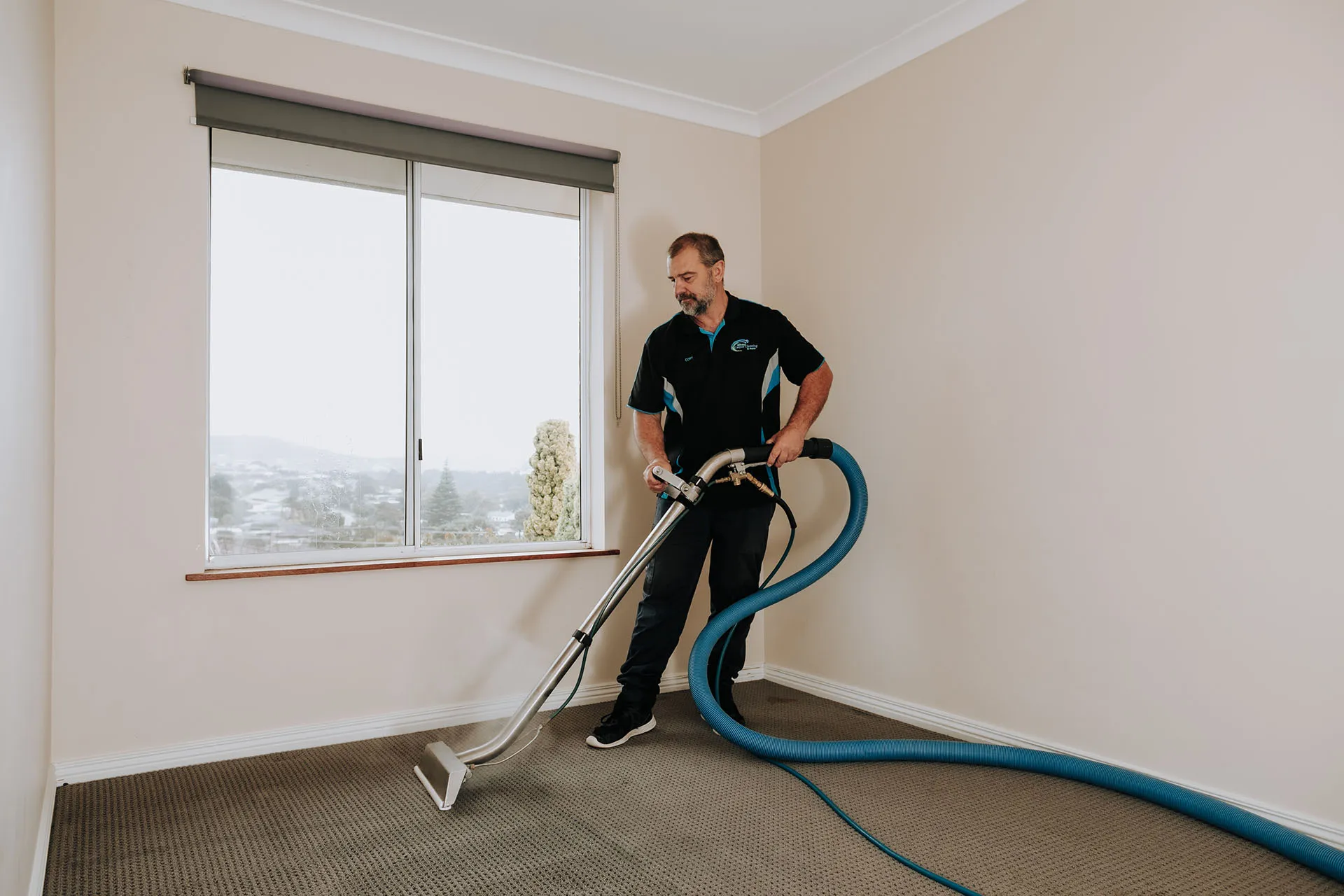Whenever carpet cleaning is being discussed by homeowners there can be debates and disagreements about what the best methods are to clean specific types of carpets. Some will insist that only dry shampoos should be used, others will say that carpet foam is the best way to deep clean, and there will be those who leave all their carpet cleaning needs to professional carpet cleaners.
Many of the debates we are referring to will have been taking place for decades, but there are also some which are more recent. They are more recent due to advances in technology leading to newer and more advanced products being created, and that is the case when it comes to vacuum cleaners.
We are obviously not suggesting that vacuum cleaners are a new invention, not least because they have been around for over 120 years. Notwithstanding, they have also seen many tectological advances, and one of the more recent has been battery-powered vacuum cleaners being a new addition to the armoury of carpet cleaning products.
The debate which is borne out of the introduction of battery-powered vacuum cleaners is whether they are any better than corded vacuum cleaners. Both battery and corded vacuum cleaners have strong advocates, so we thought we would take a neutral view and let you decide for yourself by providing the cases for and against battery and corded vacuum cleaners, respectively.
Battery Power Vacuum Cleaners
Referred to by many as ‘cordless vacuum cleaners’, they are powered by rechargeable batteries and come in variants which include stick, robotic or handheld.
The Case For
- Lightweight: Anyone who has difficulty moving or pushing a heavy corded vacuum cleaner will be delighted at how lightweight battery vacuum cleaners are at around 5 to 7 pounds.
- Portability: As well as being lightweight, a battery vacuum cleaner can be moved easily and thus used to vacuum carpets in any part of your home, and that includes anywhere that is not close to a power socket.
- Compact: For those who live in smaller homes and apartments, the compact size of a battery vacuum cleaner is ideal. It also means they can be stored in more locations within your home.
The Case Against
- Battery Life Is Limited: This will vary from product to product but in all cases, even a fully charged battery will have a limited time before needing to be recharged, with the averages ranging between 10 and 30 minutes.
- Reduced Suction: With the battery draining as you use a battery vacuum cleaner, this will coincide with the level of suction power also diminishing. Some do have a high power mode where higher suction will be available, but this drains the battery even faster.
- Bag Is Smaller: It should be obvious that, as battery vacuum cleaners are generally much smaller than corded ones, the bag into which the dust and other small particles go will have a limited capacity which means it will need to be emptied more often.
Corded Vacuum Cleaners
These are the so-called traditional vacuum cleaners and, despite many technological advances in their design, they still require to be plugged into a power socket for them to be used.
The Case For
- Continual Usage: The simple fact is that for as long as it is switched on, a corded vacuum cleaner will operate, unlike a battery-powered one which will eventually need recharging.
- Consistent Suction: Unlike a battery vacuum cleaner whose suction varies depending on battery discharge, a corded cleaner will provide strong, consistent suction.
- Greater Bag Capacity: With their larger sizes, it means corded vacuum cleaners have larger bags, providing greater cleaning times between bags having to be emptied.
The Case Against
- Bulkier And Heavier: By comparison, corded vacuum cleaners are larger and heavier than their battery-powered alternatives making them less portable and more difficult to lift.
- Trip Risks: With a cord attached and trailing to the nearest power socket there exists a trip risk throughout the time anyone is using a corded vacuum cleaner in their home.

